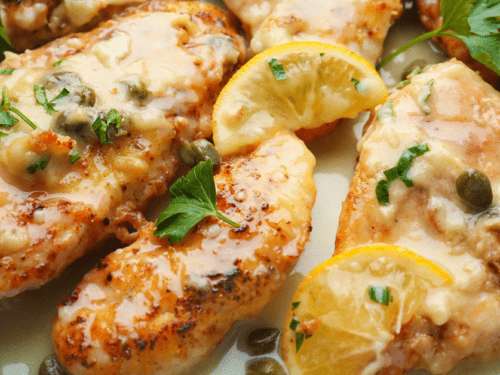Skip to main content
Why Do we Eat More in Winter? Funny You Should ask...
Always wondered why we pick up more weight in winter?
here is an article on why:
http://www.everydayhealth.com/diet-nutrition/why-do-we-eat-more-in-winter.aspx
Think of it as an extended holiday food coma. From late fall to spring, most people just can’t resist the lure of their favorite foods — from holiday cookies and hot chocolate to warm bowls of chili and cheesy pasta. It’s not entirely clear whether this desire to eat more during winter is an animal instinct to fuel up in order to survive cold weather, or whether it’s simply because fatty, high-calorie foods are more readily available during the most wonderful time of the year. Here, we round up a few of the top theories — and offer tips to help you keep your eating on track year-round.
Craving Carbs? It Could Be SAD
If your cold-weather cravings come in the form of pasta, cookies, pastries, and other carbs, you might actually just be suffering from Seasonal Affective Disorder or SAD. It’s normal to want to cope with long, cold nights by filling up on food — numerous studies have shown that the brain actually produces feeling of happiness when you consume high-calorie, high-fat foods.
To keep your diet in check while still warding off seasonal depression, fill up with lean protein rich in omega-3 fatty acids, such as salmon. Omega-3s have been shown to have mood-boosting power while protein will help keep you full and satisfied. If you’re going to give in to a craving (and most experts agree you occasionally should), give it a healthy makeover. If you crave a big bowl of pasta and cheese, switch out regular enriched pasta for whole grain and add lean protein to the mix, along with a few vegetables for vitamins and fiber.
If it’s dessert you want, go for a steaming mug of hot dark chocolate, which has been shown to reduce risk of heart disease, raise levels of healthy cholesterol, and be a mood booster. Plus, researchers at Yale University recently found that things that are physically warm, such as a hot shower or a warm drink, can help people feel happier and less lonely.
Dark Days Mean More Food
The tendency to overeat during the winter might come down to basic biology. Ira Ockene, MD, a cardiologist at the University of Massachusetts Medical School told NPR that winter eating could just be our primitive impulses urging us to stockpile for the cold months ahead. A 2005 study Ockene conducted and published in the journal Nature found that food intake patterns do vary season to season, as does body weight. Researchers found that study participants consumed an average of 86 more calories per day in the fall, as compared to the spring. In fall, participants also ate the highest total amount of fat and saturated fat. The lowest levels of physical activity were observed in the winter.
In his interview with NPR, Ockene also said that less light prompts us to seek food and eat it faster, offering another explanation for why we eat more as the days get shorter.
Winter Munchies Might Just Be Tradition
According to some scientists, winter weight gain is just a product of our environment, not biology. Between the holidays, Super Bowl Sunday, and Valentine’s Day, winter is packed with opportunities to overload on traditional, fatty foods. This coupled with a decrease in physical activity during cold winter months, and it’s only natural that most people gain a pound or two during winter and lose it come spring.
New research also sheds light on why we overeat specific foods during winter. A recent study conducted at the Canadian University of Maryland found that when love has been put into something made for our benefit, the receiver perceives the end result as being better. So if Grandma makes your favorite Christmas cookies just for you, you’ll think that the cookies actually taste better because of the emotional connection between you. And the more you remember loving the food, the more likely you are to indulge next time. The best advice? Splurge on the foods you really love, and stick to a balanced diet of whole grains, lean protein, and fresh fruits and vegetables the rest of the time.

Comments
Post a Comment
Please share your thoughts and views